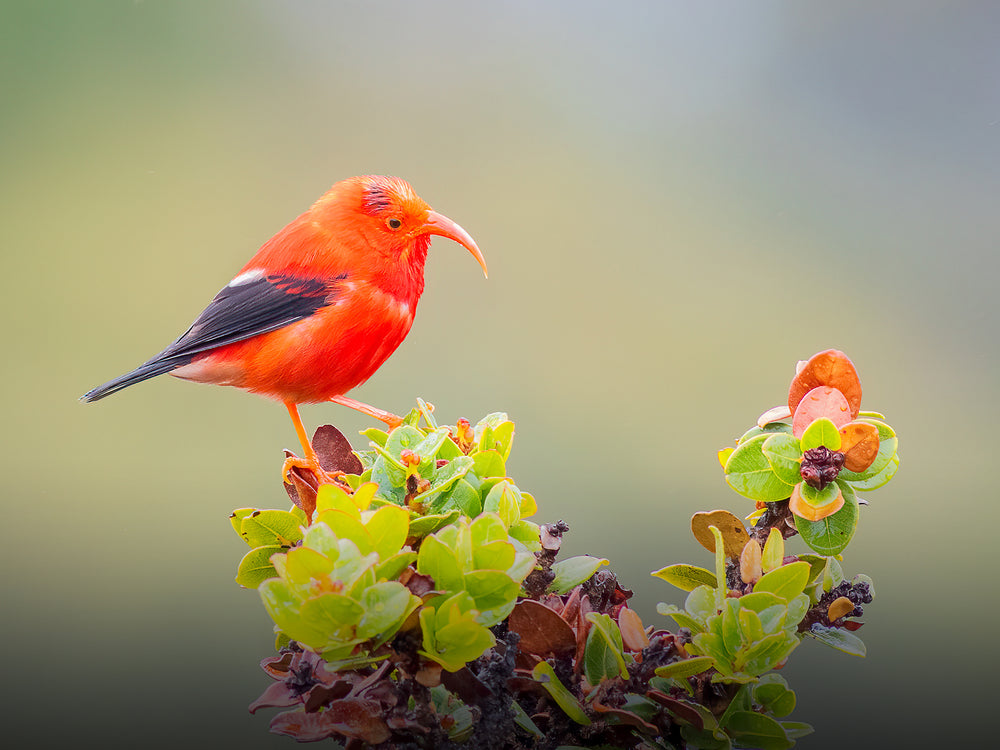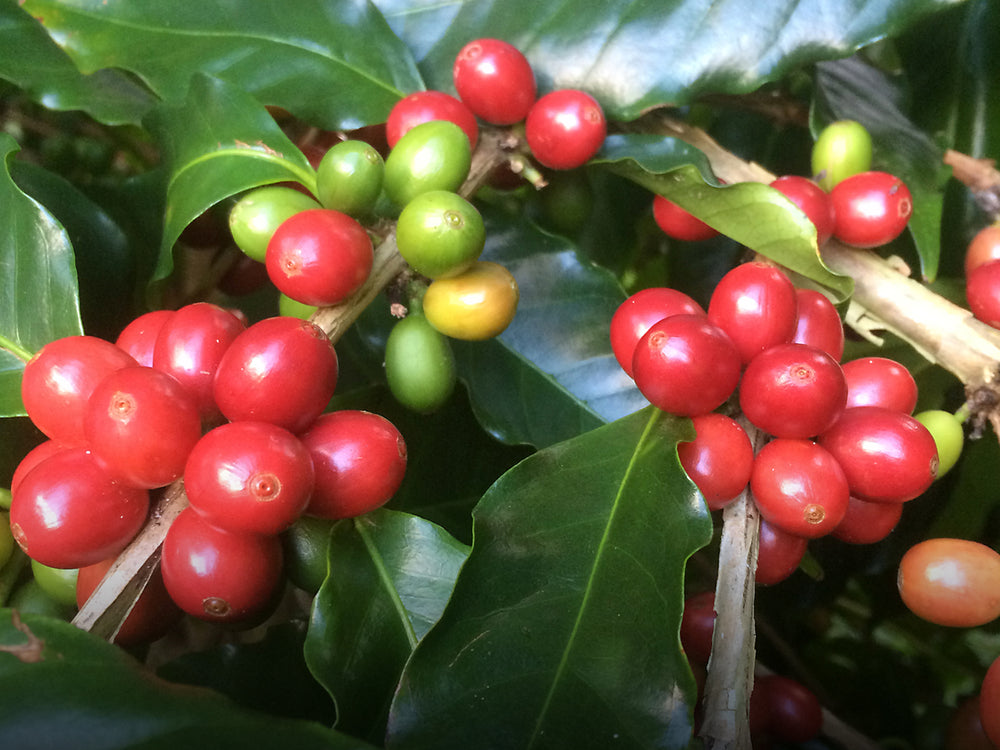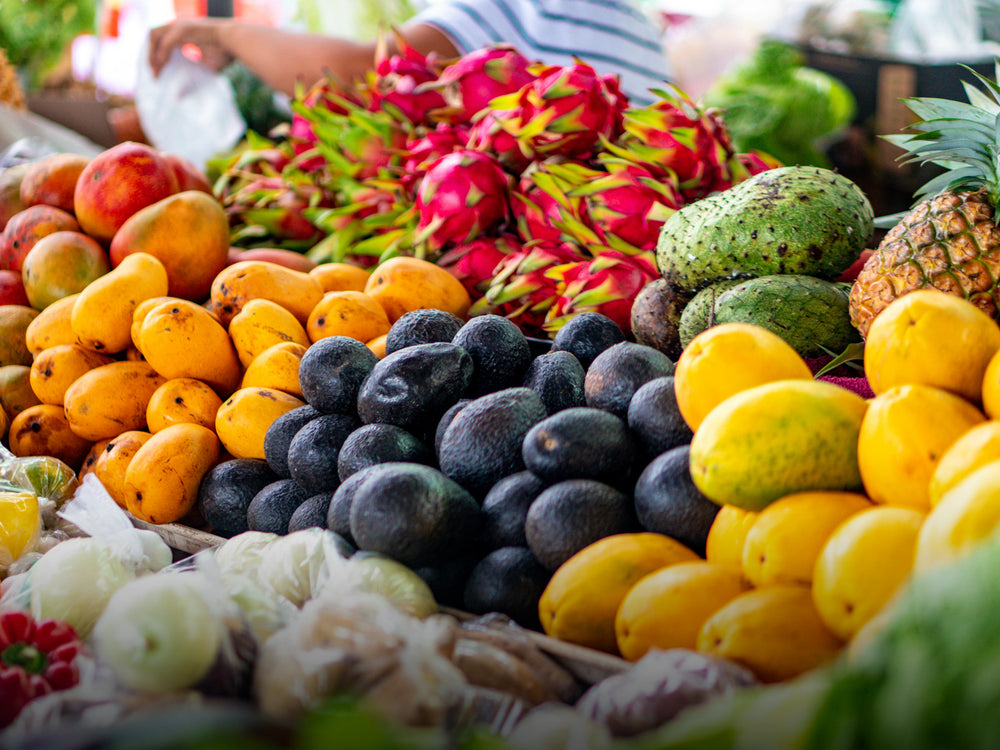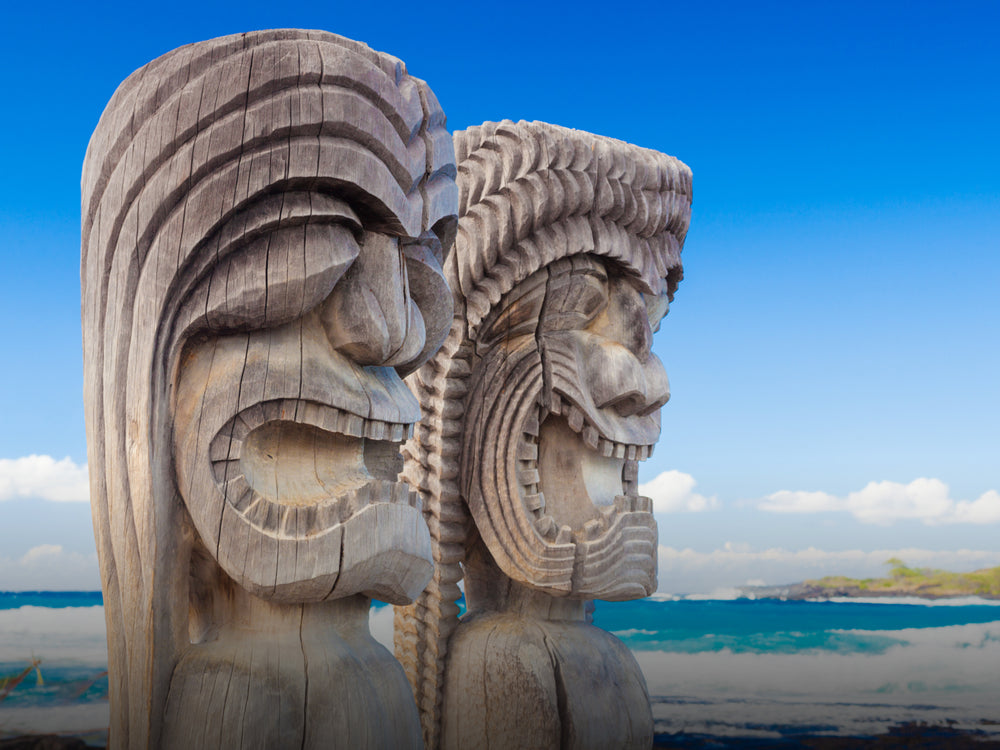Coexistence of Rainforests and Coffee Orchards in Kona
by George Yasuda
Within 2 centuries a lot of koa and ohia forests have either disappeared or have drastically been reduced in Kona. Once where nice stands of koa and ohia flourished, there now lie no koa or ohia trees.
There are several reasons for this decline including agriculture and ranching. Over the years coffee farming has to some degree contributed to this problem. However, simple steps can be taken to coexist in a friendlier manner with the rainforest. Some of these steps include:
1. Keeping all native trees intact without disturbing them. The coffee trees can be formatted in the orchard to coexist with the native trees.
2. Land clearing properly without injuring the tree canopy, roots, soil or water drainage patterns.
3. Wherever the soil is disturbed a good program should be initiated to stabilize the soil with a good, non-evasive ground cover.
4. Preventing alien weeds to smother native plants.
5. Leaving dense forested areas untouched and maintaining these areas as natural habitats.
6. Hunting and keeping feral pigs out of sensitive areas. This introduced species has had a negative impact on the native forests of Hawaii.
7. Conservative and careful use of pesticides.
8. Reforesting with native plants such as koa.
9. Practicing careful measures to prevent introduction of soil and plant- born pests and diseases into pristine areas.
10. Upkeeping and maintaining the orchard and native plants with good nutrition and/or irrigation practices.
Coffee farming is a business and it also can be a pleasurable life-style. This can be achieved by taking care of the land so that it flourishes with a bountiful crop. Also, by being respectful of the land and by taking some simple steps, the natural landscape can be maintained as well as radiate back to its original state.


Left: George Yasuda. Right: Ohia Tree & Blossom.


Left: James Houk Setting Snare. Right: Morning Catch.

Damaged Hapu Fern by Feral Pigs.
photo credit: George Yasuda
Readers may submit editorial comments to any of our stories by sending an email to les@lbdcoffee.com. We would be happy to attach your comments and feedback to anything we publish online. Thank you for your interest.
Story appeared originally in Coffee Times print magazine and appears online for archival purposes only. Any use or reprinting of these stories without the expressed written consent of the author is prohibited.








